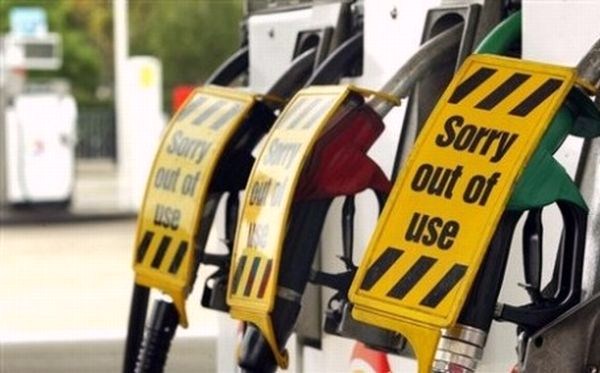 With oil playing such an important role in transportation, energy, and manufacturing worldwide, supply disruptions pose a serious threat to the global economy and political stability. Earlier this year, the Herzliya Conference convened a group of experts and practitioners from a range of specialties around the world to participate in a war-game that examined a possible oil-shortage scenario: a global oil crisis initiated by a terrorist attack on the Saudi Arabian Abqaiq oil facility. Under the conditions of the simulation six million barrels of oil per day were removed from global markets, resulting in a shortage of millions of barrels per day over a prolonged period in which no spare capacity was available from other producers.
With oil playing such an important role in transportation, energy, and manufacturing worldwide, supply disruptions pose a serious threat to the global economy and political stability. Earlier this year, the Herzliya Conference convened a group of experts and practitioners from a range of specialties around the world to participate in a war-game that examined a possible oil-shortage scenario: a global oil crisis initiated by a terrorist attack on the Saudi Arabian Abqaiq oil facility. Under the conditions of the simulation six million barrels of oil per day were removed from global markets, resulting in a shortage of millions of barrels per day over a prolonged period in which no spare capacity was available from other producers.
The conference found that the immediate outcome of the sustained shortage of oil supply would be a considerable spike in global oil prices, which could reach USD200 per barrel. This would serve to plunge the global economy into a recession and destabilize the Middle East. Participants recommended reducing dependencies on oil at large and on Saudi oil reserves specifically and enhancing global preparedness and policy awareness, and enlarging the membership scope of the IEA to include large economies like China and India.
What type of impact would such a scenario have on the United States? What can the United States do to safeguard against this type of incident? If an international effort is needed to protect global markets from a similar oil crisis, what can the U.S. do to move in that direction?
There are no silver bullets in reducing one of the world’s largest per capita petroleum user countries. The Administration’s move to increase mileage standards significantly (54.5 mpg average by 2025)… Read more »
“The only challenge standing in the way is partisanship.” That’s a bit like saying the only thing standing in the way of pigs flying is physics. Congress may well deserve… Read more »
It’s fair to question how realistic the Herzliya scenario was. While Saudi Arabia may well be vulnerable to attack by advanced Iranian weapons in a wartime scenario, a terrorist attach… Read more »
I wish I could give a pleasant answer, but we are in a grim situation with little sign of it getting better. What matters for the US is really the… Read more »
[…] img source: ourenergypolicy […]